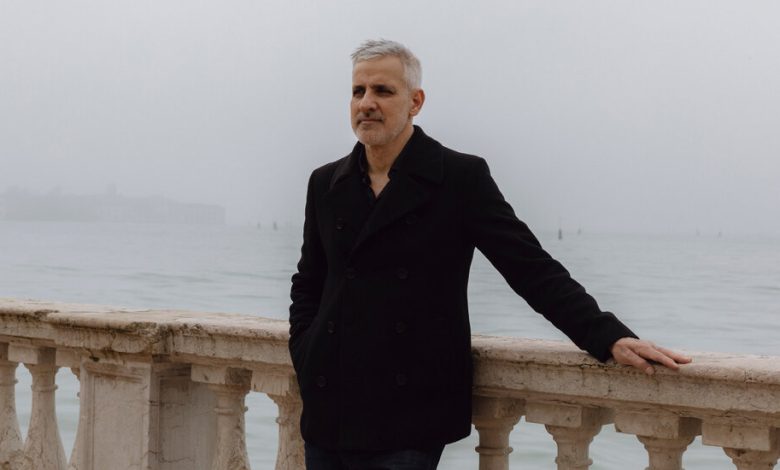Can Adriano Pedrosa Save the Venice Biennale? No Pressure.

Only workaholics and delusional optimists should organize a Venice Biennale, as the Brazilian curator Adriano Pedrosa discovered during the countless flights and midnight meetings that have crammed his calendar for the past two years.
“This would probably have taken five years and a team of intense researchers,” Pedrosa said in a video interview, if he hadn’t spent more than a decade mulling the possibilities, most recently as the influential artistic director of the São Paulo Museum of Art.
On April 16, when the press previews begin for the 60th international exposition, others will judge whether the 58-year-old curator has captured the zeitgeist of contemporary art with his two-pronged show, “Foreigners Everywhere,” in the sprawling spaces of the Giardini and the Arsenale.
The title is a provocation, weighted by the anti-immigrant agendas of Italy, Hungary and other countries in the last few years. Pedrosa, however, speaks about celebrating the foreigner and the historic waves of migration across the planet, offering a catalog of synonyms — “Immigrant, émigré, expatriate” — even as he expands the concept. “I take this image of the foreigner and unfold it into the queer, the outsider, the Indigenous,” he said.
Those themes are embodied by 331 artists, most of whom will be unfamiliar to even seasoned art snobs. They are divided here between two major sections, one focusing on contemporary art and another dedicated to work made in the 20th century. Most have arrived from the Global South without major gallery representation or a foothold in the museum circuit. For many visitors, it will be the first time experiencing the splintered abstractions of Zubeida Agha (1922-1997) from Pakistan, the expressive portraiture of Hatem El Mekki (1918-2003) from Tunisia and the colorful fantasies of Emiliano di Cavalcanti (1897-1976) from Brazil, among others.
From the beginning, critics noticed that “Foreigners Everywhere” would serve as a somber — some say morose — tipping point: It’s the first Venice Biennale in recent years to showcase more dead artists than living ones.
